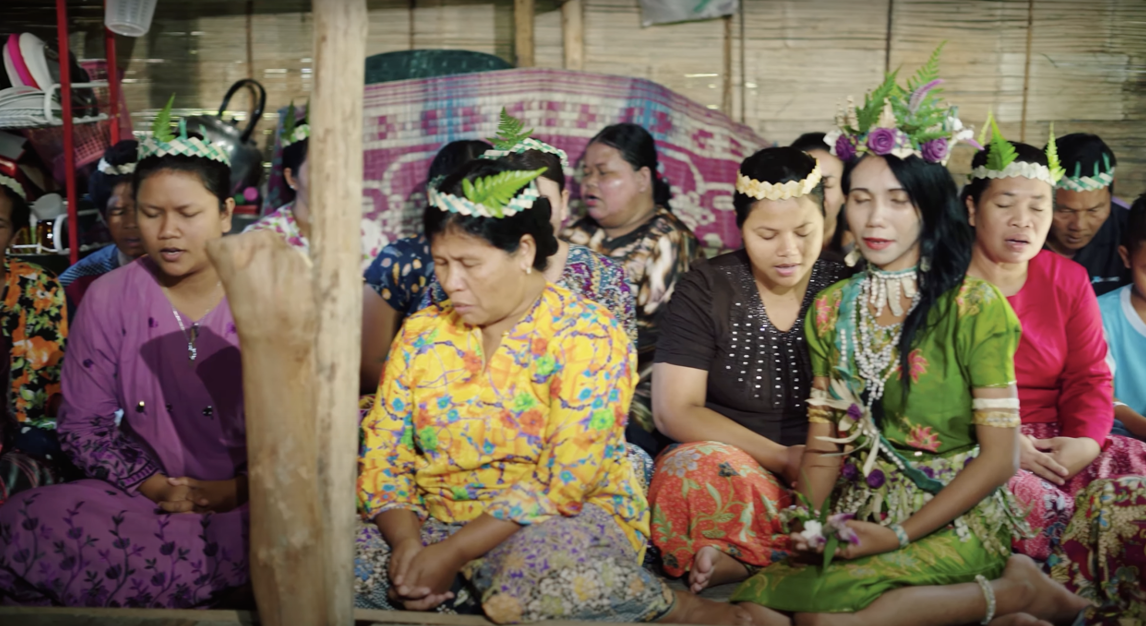By: Leena Abdelmoity/ GICJ

On 9 and 10 July 2020, at the 44th session of the Human Rights Council, an interactive dialogue was held with the Special Rapporteur on the promotion and protection of the right to peaceful assembly. The Special Rapporteur, Mr. Clement Nyaletsossi Voule, presented his report (A/HRC/44/50), which had three addendums, including a country specific report regarding his visit to Sri Lanka (A/HRC/44/50/ADD.1), a country specific report regarding his visit to Zimbabwe (A/HRC/44/50/ADD.2), and a report regarding the comments by Zimbabwe concerning the Special Rapporteur’s visit and report (A/HRC/44/49/ADD.3).
The interactive dialogue began with the opening statement of the Special Rapporteur, which emphasized the importance of peaceful assembly because in this decade, it has led to democratic transitions, better rights for women and girls, and much needed policy changes. The Special Rapporteur continued to highlight the power of peaceful assembly, citing the global influence the Black Lives Matter Movement has had. He stated that the movement demonstrated how injustice in one part of the world can trigger change in other parts of the world. He further asserted that, over the last decade, the rights of association and assembly have been essential for building partnerships for a better world.
There following three key points emphasized by States during this interactive dialogue: (1) States must respect individuals’ right to peacefully assemble because in the past, peaceful demonstrations have caused positive policy changes that better honor human rights; (2) States should, under no circumstances, employ violence on peaceful demonstrators because doing so violates international law; (3) The COVID-19 pandemic should not serve as a pretext for governments to hinder people’s right to assemble peacefully as long as demonstrators are adhering with the World Health Organization’s recommendations to stay safe during the pandemic.
After the Special Rapporteur spoke, various States, Groups of States, and other entities voiced their stances.
The Czech Republic spoke on behalf of a group of countries located all over the world. In its statement, the group emphasized that peaceful assembly is essential for all human rights to be fulfilled. This is accurate because without the right to peaceful assembly, individuals cannot exercise such rights as freedom of speech, freedom of expression, and freedom of association.
Burkina Faso spoke for The African Group. This group highlighted the importance of a strong civil society for a resilient State and that the right to peaceful assembly must be upheld in all circumstances.
Lithuania spoke on behalf of the Nordic-Baltic Countries and avowed that the rights to peaceful assemble and associate are fundamental freedoms and indispensable pillars of democracies. Therefore, they must be respected both online and offline in order to expand civil society’s space. GICJ believes this is a particularly relevant statement because some governments have been using the COVID-19 pandemic to silence individuals.
The EU condemned the excessive use of pressure, such as violence, on peaceful protesters, the stigmatization against civil society and surveillance of digital space. The EU then urged Member States to respond to these violations and warned that some States have been using indiscriminate force and have been stigmatizing civil society in an unjust manner.
The United Kingdom of Great Britain and Northern Ireland asserted that governments’ restrictions on their people can exacerbate the marginalization of some of the most vulnerable populations. The United Kingdom also argued that especially during the current pandemic, States should allow their people to freely voice their concerns so that governments can meet the needs of people.
Geneva International Centre for Justice (GICJ) considers that it is especially imperative that States respect their people’s ability to peacefully assemble and associate freely as these rights are interrelated and interdependent with democracy. A State cannot be democratic if it does not respect these essential human rights and neither considered to be adhering to international law and the stipulations of the United Nations’ Universal Declaration of Human Rights if it fails to promote its people’s ability to exercise their rights to peacefully assemble and associate.
Download the full report here
Justice, Human rights, Geneva, geneva4justice, GICJ, Geneva International Centre For Justice







